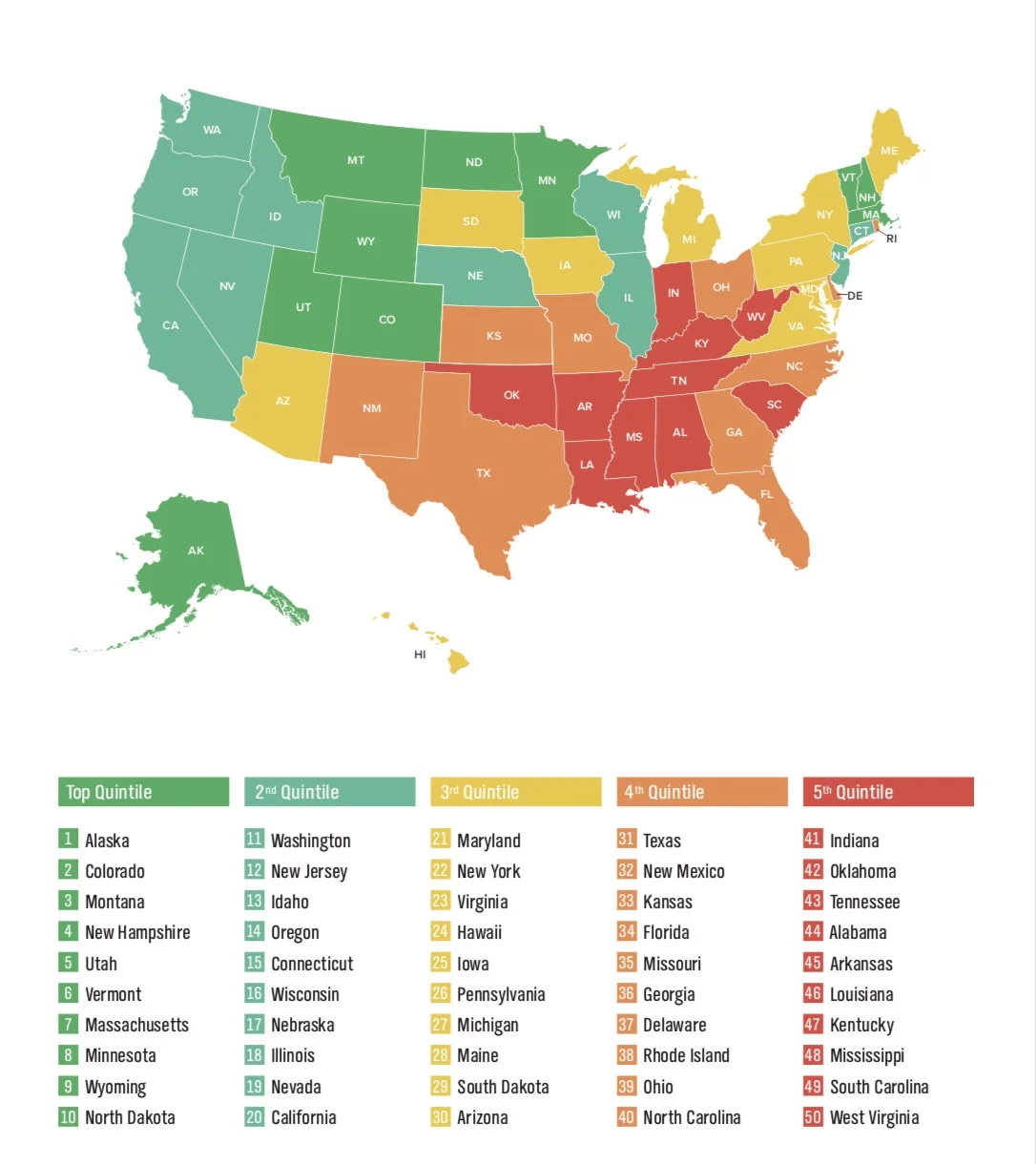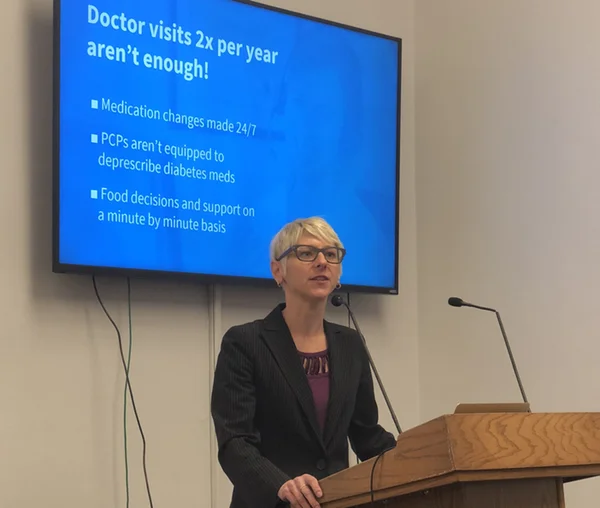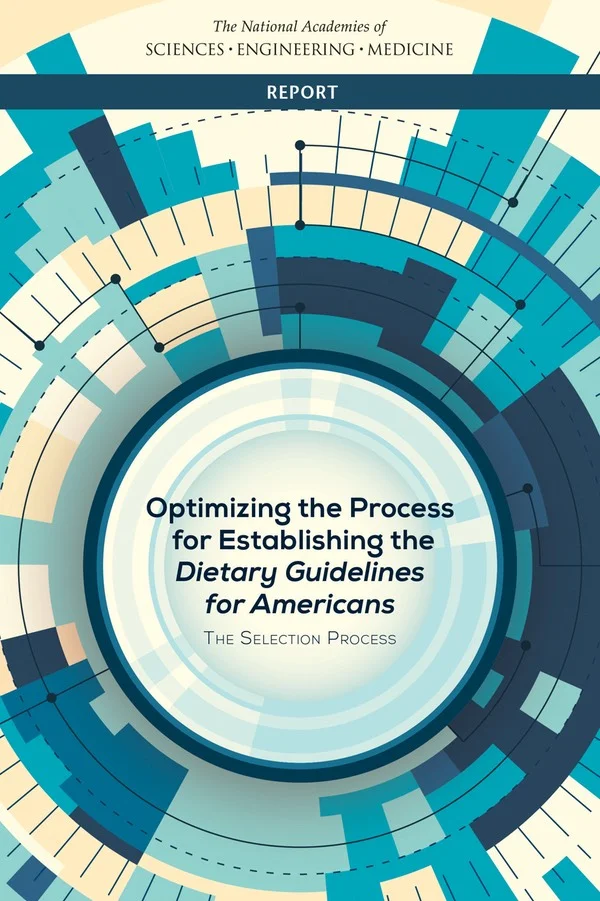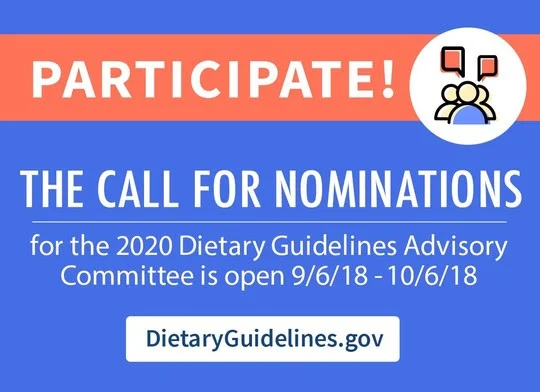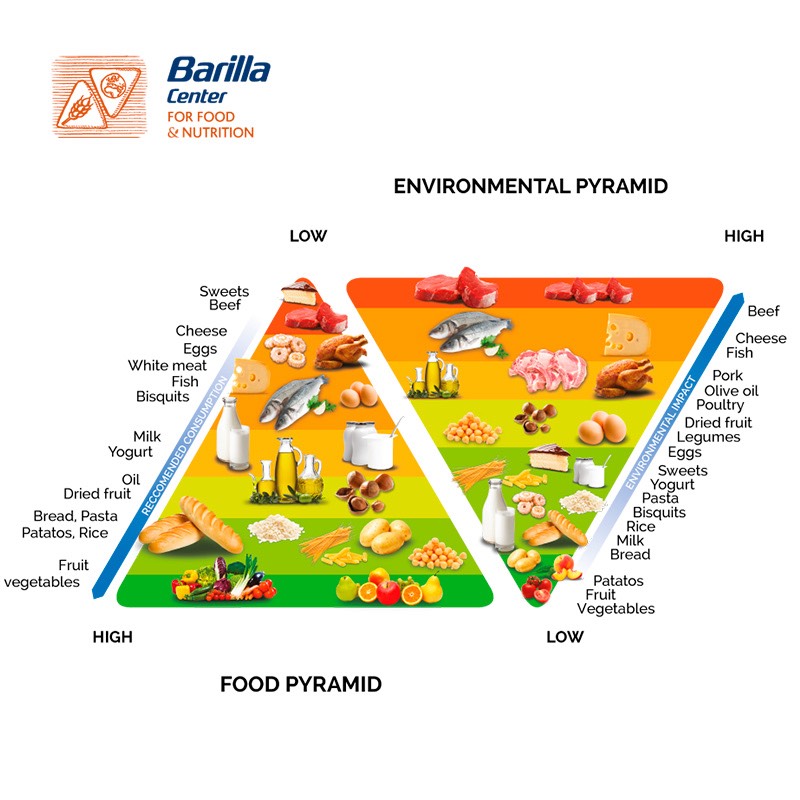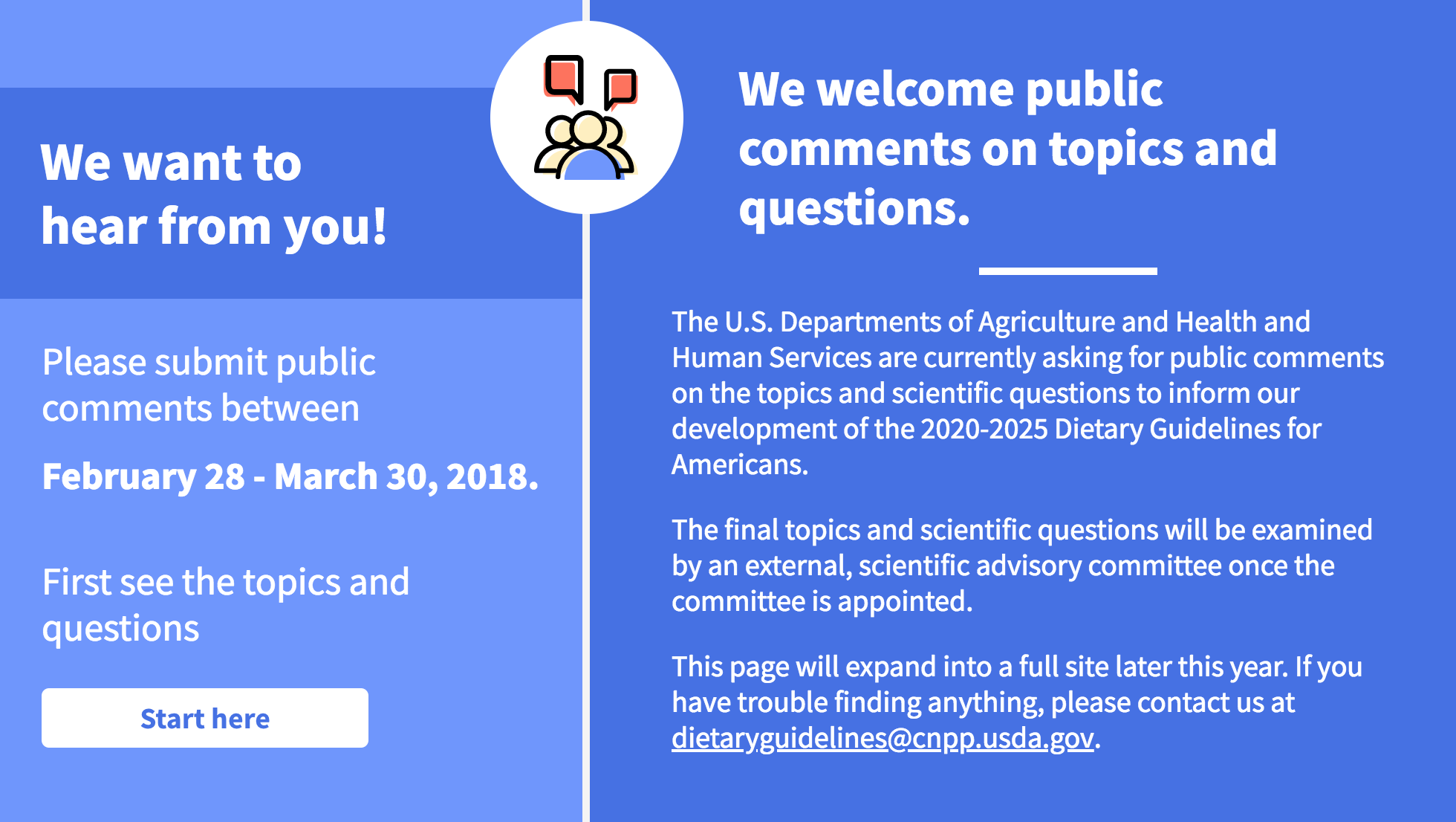Diabetes and Obesity Still on the Rise – Billions Spent Promoting Dietary Guidelines Hasn’t Made a Dent
A new report on the continued alarming rise of diabetes in the U.S. illustrates how long-accepted dietary guidance has for decades failed to contain this costly and debilitating disease. As part of their State of American Well-being series, Gallup and Sharecare found that 11.5% of the U.S. adult population was diagnosed with type 1 or type 2 diabetes in 2016-2017, up from 10.8% in 2008-2009.
Is U.S. Nutrition Policy Making the Military (and Recruits) too Fat to Fight?
The U.S. military has a crisis on its hands, as obesity rates continue to rise, both among existing troops and potential recruits who are too fat to serve. Let’s hope our military leaders will take a hard look at its nutritional advice and explore all possible options to improve the health of the men and women who serve in uniform and protect our nation.
Report to Congress: Low-Carb Diet Yields Groundbreaking Results for T2 Diabetes
Sarah Hallberg, chair of the Nutrition Coalition’s Scientific Council, took her breakthrough research on reversing type 2 diabetes to Congress last month. In a briefing to the bipartisan “Food As Medicine” group in the House, Dr. Hallberg detailed results from the large, university-based controlled clinical trial she leads, which reversed T2 diabetes in 60% of participants after just one year on a very low-carb diet.
USDA to bring more diversity, fresh views to Guidelines committee
The Nutrition Coalition applauds a recent move by the U.S. Department of Agriculture (USDA), following advice by the National Academies of Sciences, Engineering and Medicine (NASEM), to ensure a greater diversity of viewpoints on the expert panel that advises Americans on what to eat. This reform is long overdue.
Lesson for the Next Dietary Guidelines Committee: We Need A Diversity of Opinion
An analysis of the last advisory committee to the Dietary Guidelines for Americans, our nation’s top nutrition policy, reveals little diversity of opinion on key dietary issues among the committee’s 14 members.
Government Rejects Most of National Academies’ Recs for Improving the Dietary Guidelines’ Advisory Committee
Earlier this month, the agencies responsible for the U.S. Dietary Guidelines for Americans quietly dismissed improvements suggested by the National Academies of Sciences, Engineering and Medicine, to increase transparency of the DGA Advisory Committee and manage member biases.
Less than 16 Days Left to Nominate Candidates for Next Dietary Guidelines’ Advisory Committee
The clock is ticking to submit candidates for what is arguably the most important group of nutrition experts on Earth. On September 5, USDA-HHS announced that they were opening a 1-month candidate nomination period for the advisory committee of the 2020-2025 Dietary Guidelines for Americans.
“Big Pasta” Cooks Up Self-Interested Nutrition Science
A new book by the global advocacy arm of the world’s largest pasta maker argues for a plant-based diet, rich in fruits, vegetables and grains--including pasta—to improve both health and environmental sustainability.
Why are hospitals serving soda?
Guest post by Mark Cucuzzella, MD
Last month, I wrote an article which was featured in Salon about the growing epidemic of sugary drinks in hospitals. While experts generally agree that sugary drinks like soda, sport drinks, and punches contribute to chronic illnesses and obesity, these beverages remain prevalent in most healthcare facilities…
Does Science Support DNA Diets?
Can a blood test tell you what diet is best for your body?
That's what some companies are claiming. Currently trending in an era of personalized nutrition are diets tailored to a patient's DNA.
"Miracle" Conference in Zurich
"There is no such thing as a miracle diet, but if there's a miracle meeting, this is it." That was how Fiona Godlee, editor-in-chief of The BMJ, introduced the "Food for Thought" conference. The event, co-sponsored by The BMJ and global reinsurer SwissRe, took place last week in Zurich, Switzerland.
New Survey Shows Changes in American Diet Trends
Many Americans appear to be ditching low-fat diets for higher-fat foods in hopes of improving heart health and losing weight -- according to a recent survey by the International Food Information Council (IFIC) Foundation on more than 1,000 Americans, ages 18 to 80.
Professor Noakes Found Innocent (Again)!
Today, Professor Tim Noakes was found innocent of all charges in proceedings against him by South African medical authorities. This is his second acquittal; the first came in April 2017, which was then appealed.
The Magic Pill Explores Why Food Is Medicine
The Nutrition Coalition has partnered with the film distributors Fan-Force to bring The Magic Pill to movie theaters around the country. The Magic Pill is an amazing documentary by filmmakers Rob Tate and Pete Evans who explore the relationships among food, nutrition, and disease
Journalists Repeat Evidence-Free Claims from Scholars Associated With “Big Carb”
Extraordinary claims once required extraordinary evidence. Now you can apparently get glowing media coverage without presenting any evidence at all. he latest reporting on a claim is “too good to check” started with coverage in The Telegraph, which declared: “Third of early deaths could be prevented by everyone giving up meat, Harvard says”
Healthy Countries Consume More Fat, More Animal Protein, Fewer Carbs, New Study Finds
A new study examining food consumption in 158 nations found that a higher consumption of fat and animal proteins was associated with decreased risk of heart disease. Meanwhile, more carbohydrates—especially more wheat and cereals—were associated with higher rates of cardiovascular death. These data are the latest to confirm that the U.S. government’s high-carbohydrate diet is quite likely not the best advice.
Thousands tell USDA: Update Guidelines to Reflect the Latest Science on Saturated Fat and Low-Carb Diets
The U.S. Department of Agriculture (USDA) heard from thousands of concerned citizens about the need to update the 2020-2025 U.S. Dietary Guidelines on topics where the science has evolved, particularly on saturated fats and low-carbohydrate diets.
Dallas Morning News Op-Ed: The Military Should Lead The U.S. Fight against Obesity
Rigorous physical training is a daily feature of military life, and yet the Military Times warns that the armed forces face a "huge problem with obesity" that is "only getting worse." Maybe you've seen the headlines: "Too Fat to Fight," or, closer to home, "Texas kids physically unfit for military," but you probably don't know the full extent of the problem.
How to Submit a Public Comment on the Dietary Guidelines
The U.S. Department of Agriculture (USDA) is currently soliciting public comments about a list of key issues for the 2020-25 U.S Dietary Guidelines for Americans. This was the first time that the USDA or the U.S Department of Health and Human Services (HHS), the two agencies tasked with developing the Guidelines, took this unusual step.
USDA Aims to Add Transparency to the Dietary Guidelines
The announcement is good news, because it signals that the USDA and HHS are committed to increasing transparency in the Guidelines’ process, which in 2015 became a political battle field, riddled by activist agendas and corporate interests.The Nutrition Coalition will submit public comments, and we encourage you to make your voices heard in this important process.

